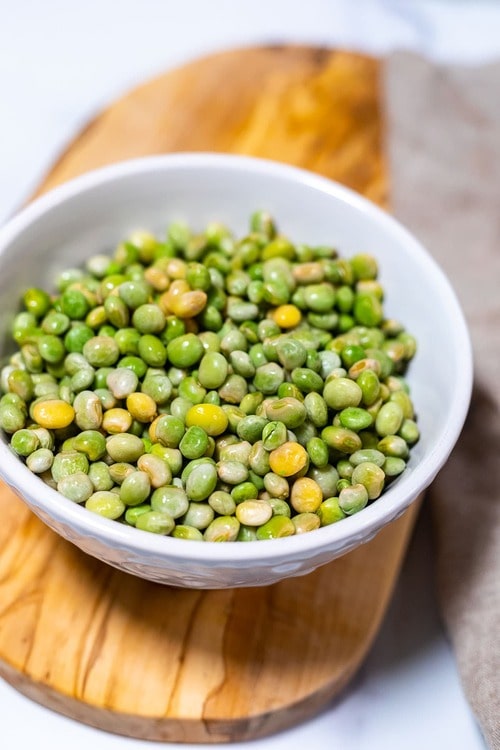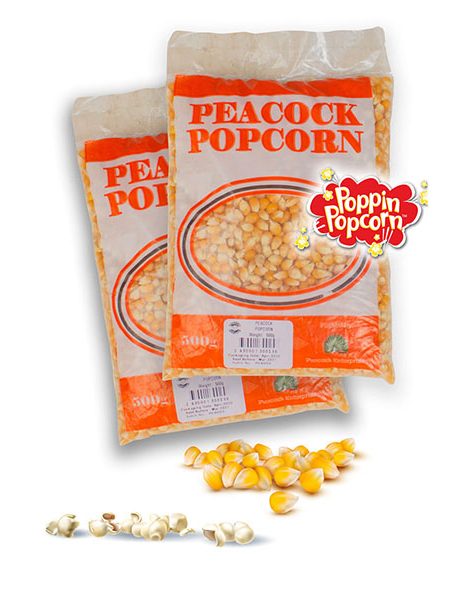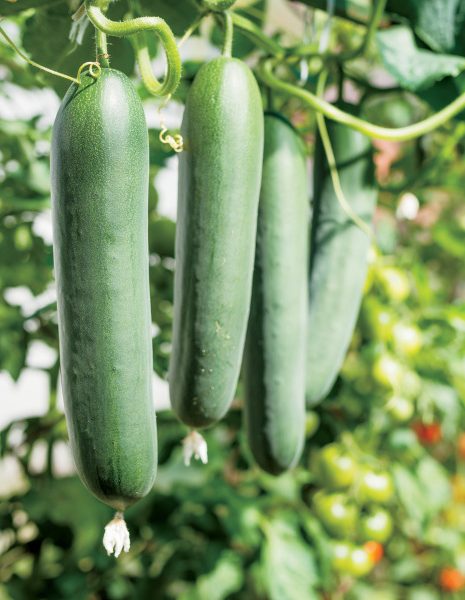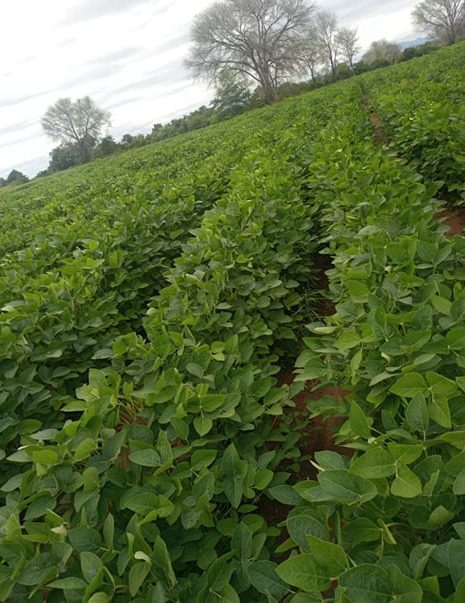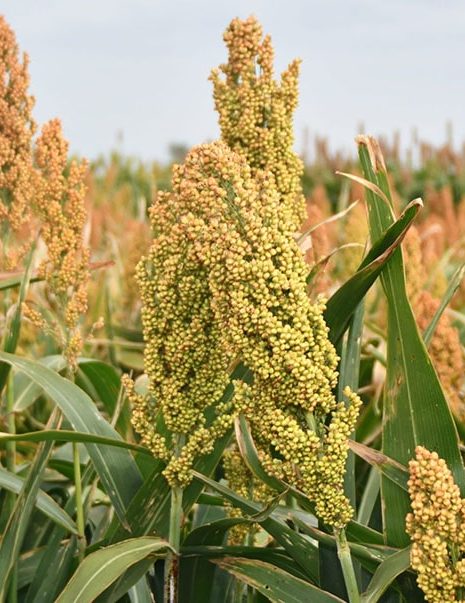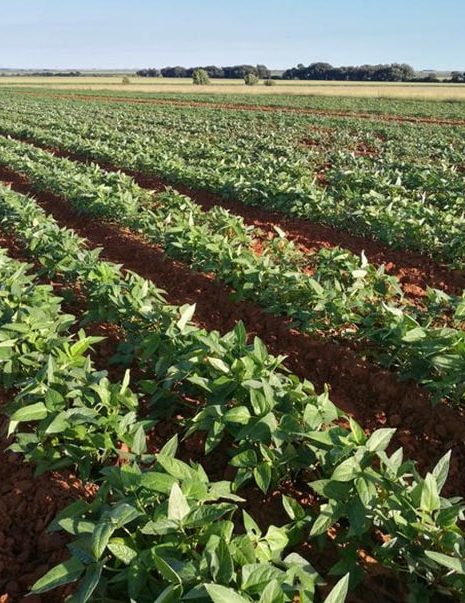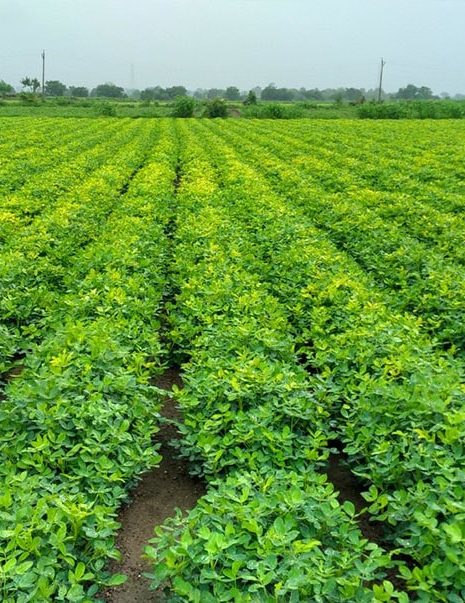Pigeon peas are a popular legume crop grown in many parts of the world, including Malawi. This crop is highly valued for its high protein content and is an important source of nutrition for many people. With the right hybrid seeds, farming techniques, and suitable climate, altitude, and soils, farmers can produce high quality pigeon peas that bring great benefits to both farmers and consumers.
Growing Pigeon Peas
When growing pigeon peas, it is important to choose the right hybrid seeds. Hybrid seeds are specially bred to produce higher yields and better quality crops than traditional varieties. Once the right seeds have been chosen, farmers should prepare their soil by adding organic matter such as compost or manure to improve fertility. The soil should be well-drained and have a pH between 6.0 and 7.5.


